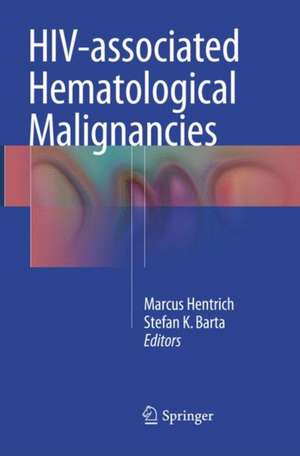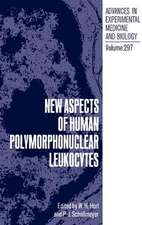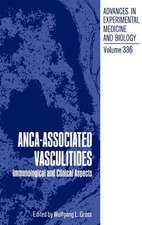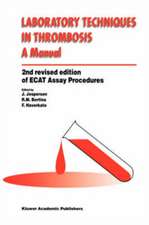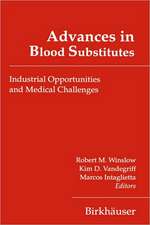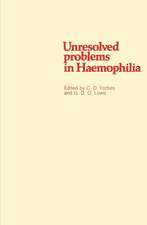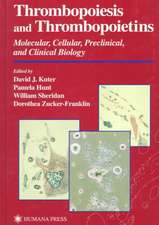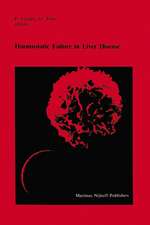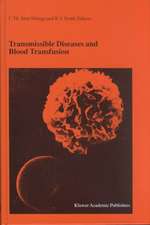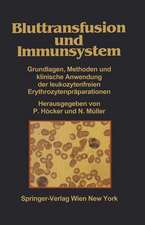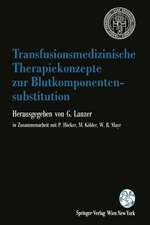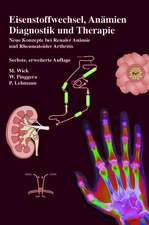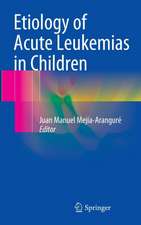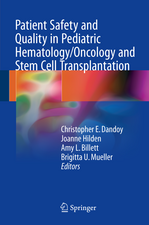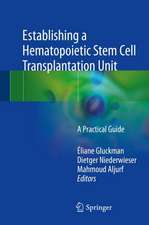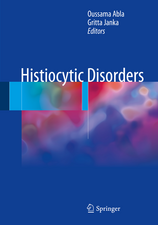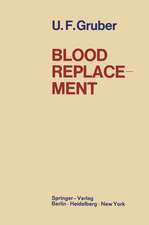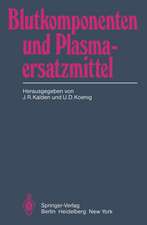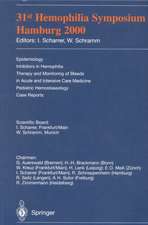HIV-associated Hematological Malignancies
Editat de Marcus Hentrich, Stefan K. Bartaen Limba Engleză Paperback – 30 mar 2018
| Toate formatele și edițiile | Preț | Express |
|---|---|---|
| Paperback (1) | 950.60 lei 38-44 zile | |
| Springer International Publishing – 30 mar 2018 | 950.60 lei 38-44 zile | |
| Hardback (1) | 724.29 lei 22-36 zile | |
| Springer International Publishing – 12 feb 2016 | 724.29 lei 22-36 zile |
Preț: 950.60 lei
Preț vechi: 1000.63 lei
-5% Nou
Puncte Express: 1426
Preț estimativ în valută:
181.90€ • 190.40$ • 151.40£
181.90€ • 190.40$ • 151.40£
Carte tipărită la comandă
Livrare economică 26 martie-01 aprilie
Preluare comenzi: 021 569.72.76
Specificații
ISBN-13: 9783319800264
ISBN-10: 3319800264
Pagini: 237
Ilustrații: XII, 237 p. 34 illus., 31 illus. in color.
Dimensiuni: 155 x 235 mm
Ediția:Softcover reprint of the original 1st ed. 2016
Editura: Springer International Publishing
Colecția Springer
Locul publicării:Cham, Switzerland
ISBN-10: 3319800264
Pagini: 237
Ilustrații: XII, 237 p. 34 illus., 31 illus. in color.
Dimensiuni: 155 x 235 mm
Ediția:Softcover reprint of the original 1st ed. 2016
Editura: Springer International Publishing
Colecția Springer
Locul publicării:Cham, Switzerland
Cuprins
Pathology.- Epidemiology.- Non-Hodgkin Lymphoma.-Hodgkin lymphoma.- Acute Myeloid Leukemia (AML) & Myelodysplastic Syndrome (MDS).- Acute lymphoblastic leukemia (ALL).- Autologous stem cell transplantation.- Allogeneic stem cell transplantation.- Multiple myeloma and monoclonal gammopathy of unknown significance.- Myeloproliferative disorders.- Multicentric Castelman’s disease.- Chemotherapy and interactions with combination antiretroviral therapy (cART).- Special considerations.
Notă biografică
Marcus Hentrich is an AssociateProfessor of Medicine at the Ludwig Maximilian University of Munich and head ofthe Department of Medicine III at Redcross Hospital Munich. Dr Hentrich received his medical degree from Technical University of Munich andwas trained in Internal Medicine at Academic Teaching Hospitals in Munich. He isboard certified in Hematology and Medical Oncology. In his current position heis director of the stem cell transplant unit at Redcross Hospital Munich. He’sespecially interested in HIV-related malignancies with a special focus onmalignant lymphoma and testis cancer. In 2013 Dr. Hentrich was awarded theGerman AIDS Prize of the German AIDS Society. He is Deputy Chairman of theleukemia and lymphoma task force of the Munich Tumor Center and of the StemCell Transplantation Working Group Munich. Dr. Hentrich has conducted novelinvestigations on HIV-related lymphoma and infectious complications inhematologic malignancies.
Stefan K. Barta is an Assistant Professorof Medicine at the Fox Chase Cancer Center/Temple University Health System inPhiladelphia, USA.
Dr Barta received his medical degree from the Johann-Wolfgang Goethe Universityin Frankfurt/Main, Germany. After Internal Medicine training in the UnitedKingdom, he underwent specialty training in Hematology and Oncology at theMontefiore Medical Center/Albert-Einstein College of Medicine in the Bronx, NY.There, he also completed a Master’s degree in Clinical Research Methodology. Hecurrently works at the Fox Chase Cancer Center, where he specializes inlymphoid malignancies. His research interests include HIV-related and othervirally mediated lymphomas. He is an active member of the AIDS MalignancyConsortium Lymphoma Working Group and the ECOG Lymphoma Core Committee. Hisresearch has been recognized with an American Society of Clinical OncologyYoung Investigator Award and an ECOG-ACRIN Young Investigator Symposium Award of DistinctionforClinical Research.
Stefan K. Barta is an Assistant Professorof Medicine at the Fox Chase Cancer Center/Temple University Health System inPhiladelphia, USA.
Dr Barta received his medical degree from the Johann-Wolfgang Goethe Universityin Frankfurt/Main, Germany. After Internal Medicine training in the UnitedKingdom, he underwent specialty training in Hematology and Oncology at theMontefiore Medical Center/Albert-Einstein College of Medicine in the Bronx, NY.There, he also completed a Master’s degree in Clinical Research Methodology. Hecurrently works at the Fox Chase Cancer Center, where he specializes inlymphoid malignancies. His research interests include HIV-related and othervirally mediated lymphomas. He is an active member of the AIDS MalignancyConsortium Lymphoma Working Group and the ECOG Lymphoma Core Committee. Hisresearch has been recognized with an American Society of Clinical OncologyYoung Investigator Award and an ECOG-ACRIN Young Investigator Symposium Award of DistinctionforClinical Research.
Textul de pe ultima copertă
This book presents a general introduction to and review of HIV-associated hematological malignancies, with a special focus on practical management issues. Each of the relevant malignancies is addressed individually, with an overview of treatment approaches, assessment of evidence regarding their efficacy, and discussion of therapeutic controversies. In addition, careful consideration is paid to issues in molecular and clinical pathology, epidemiological aspects, symptomatology, diagnosis, and risk factors. Separate chapters are devoted to autologous and allogeneic stem cell transplantation and to chemotherapy and interactions with antiretroviral agents. Many of the chapters are written by experts who have been instrumental in shifting the balance for people living with HIV and blood cancers. While two decades ago this diagnosis represented a death sentence, advances in treatment have transformed these cancers into often curable conditions. Nevertheless, optimaltreatment of hematological malignancies remains a challenge, particularly in patients with severe immunosuppression. This book will be an invaluable source of information for all practitioners in the fields of clinical hematology and medical oncology and HIV medicine.
Caracteristici
Reviews the current state of knowledge regarding HIV-associated hematological malignancies Addresses each malignancy individually Provides the latest evidence on the efficacy of different treatment approaches Also covers pathology, symptomatology, diagnosis, and risk factors
